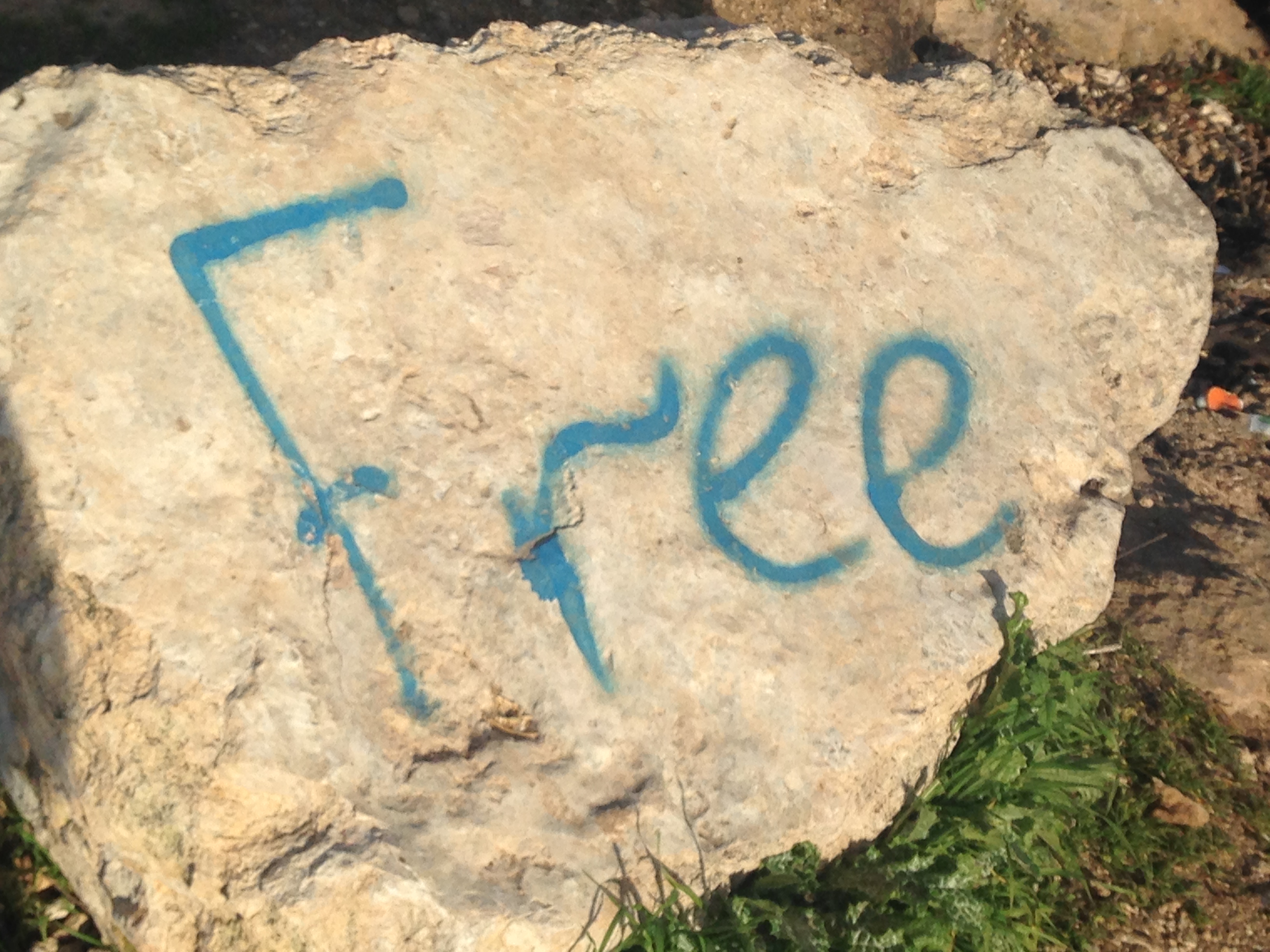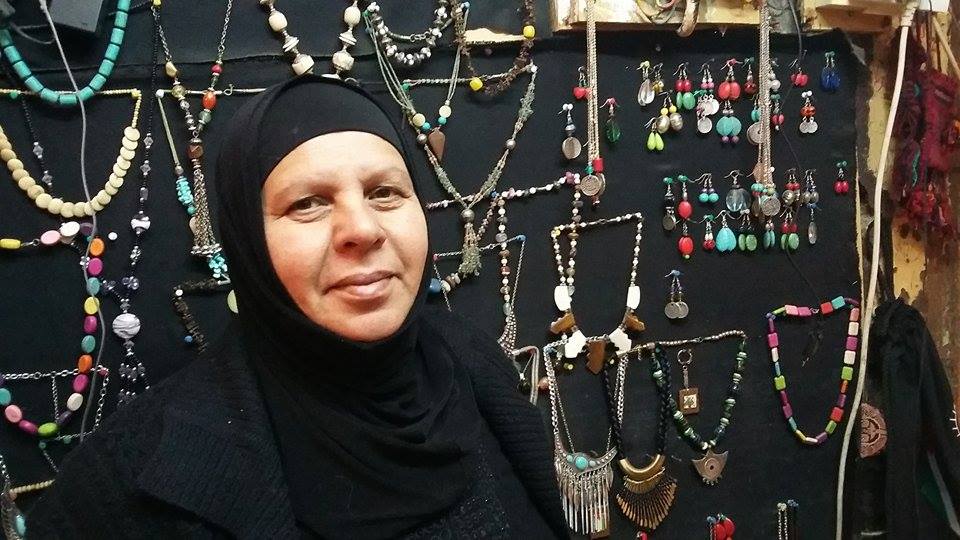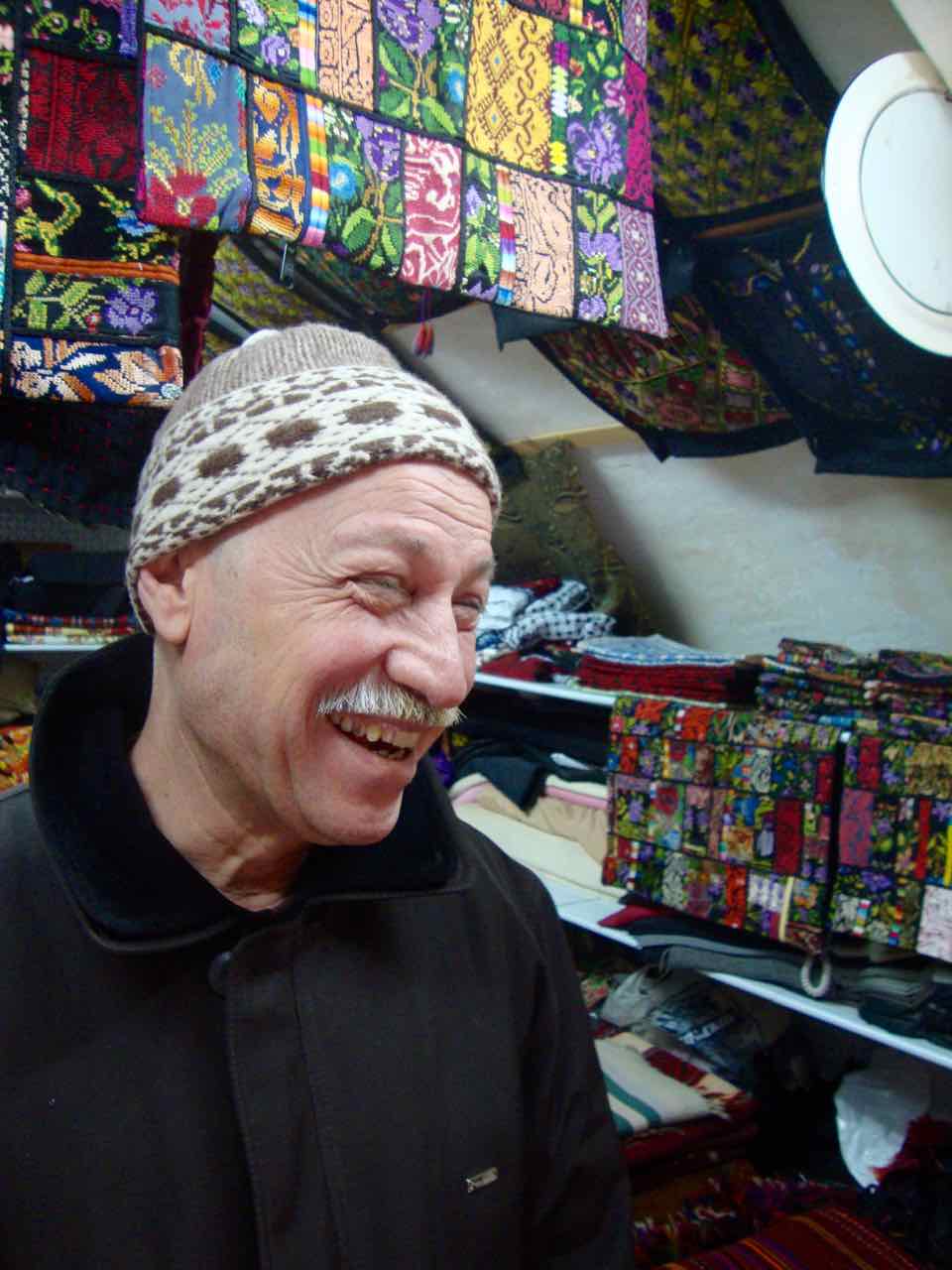Tag: israeliforces
-
Susya continues to await demolition as Israeli government hesitates
3rd March 2017 | International Solidarity Movement, al-Khalil team | Susya, occupied Palestine The village of Susya in the south Hebron hills is still waiting for news of its imminent demolition at the hands of the Israeli military. On Sunday 26th the Israeli court was expecting the government to make clear its plans to execute…
-
Laila: an unexpected entrepreneur and feminist
23rd March 2016 | International Solidarity Movement, al-Khalil team | Hebron, occupied West Bank I’ve wanted to find out more about Laila since I met her on my first day here. She is the only woman storekeeper in the souk and she has a bed and breakfast here. One evening I saw her standing up…
-
Jamal, steadfastness and a death
21st March 2016 | International Solidarity Movement, al-Khalil team | Ni’lin, occupied Palestine Jamal is younger than I am but he doesn’t look it. He is always there, as are all the storekeepers in the souk and he always greets us, as does nearly everybody (walking down the souk when it is open can be…



